The scientific method is the backbone of scientific inquiry, providing a structured approach to understanding the world around us. From formulating hypotheses to meticulously analyzing data, the scientific method guides researchers in their quest for knowledge. It’s a process we learn early on in our science education, and revisiting it is crucial to reinforce its principles and ensure we’re applying it correctly. This Scientific Method Review Worksheet is designed to help you do just that: sharpen your understanding of each step and identify potential pitfalls in experimental design. Whether you’re a seasoned scientist or just starting your scientific journey, a refresher on these core concepts can be incredibly beneficial.
The worksheet covers essential elements like identifying independent and dependent variables, differentiating between control and experimental groups, understanding the importance of controlled experiments, and interpreting results accurately. By working through the questions and scenarios presented, you’ll solidify your comprehension of how to formulate testable hypotheses, design experiments to test those hypotheses, collect and analyze data, and draw valid conclusions. This review isn’t just about memorizing definitions; it’s about understanding the underlying logic of scientific investigation and how to apply it to real-world problems.
Effective application of the scientific method allows us to critically evaluate claims, separate factual information from misinformation, and make informed decisions based on evidence. In a world saturated with information, the ability to think scientifically is more important than ever. By reviewing and reinforcing these fundamental principles, you’re equipping yourself with the tools necessary to navigate the complexities of our modern world and contribute to the advancement of scientific knowledge. So, grab your worksheet, put on your thinking cap, and let’s delve into the fascinating world of the scientific method!
Scientific Method Review Worksheet Answers
Below are the answers to a typical Scientific Method Review Worksheet. Remember that specific wording may vary depending on the exact worksheet used, but the core concepts should remain consistent.
Key Components and Definitions
- Question/Problem: What are you trying to find out or solve? This is the driving force behind the experiment.
- Hypothesis: A testable prediction or educated guess about the relationship between variables. It’s often written as an “If…then…” statement.
- Independent Variable: The variable that is deliberately changed or manipulated by the experimenter. This is the “cause.”
- Dependent Variable: The variable that is measured or observed in response to the changes in the independent variable. This is the “effect.”
- Control Group: The group in an experiment that does not receive the treatment or manipulation (independent variable). It serves as a baseline for comparison.
- Experimental Group: The group in an experiment that receives the treatment or manipulation (independent variable).
- Constants/Controlled Variables: Factors that are kept the same throughout the experiment to ensure that only the independent variable is affecting the dependent variable.
- Data: Information collected during the experiment. This can be qualitative (descriptive) or quantitative (numerical).
- Analysis: Examination of the data to identify patterns, trends, and relationships. This often involves graphing and statistical analysis.
- Conclusion: A summary of the experiment’s results, stating whether the hypothesis was supported or refuted (not proven!). It also includes potential sources of error and suggestions for future experiments.
Example Scenario Answers
Let’s consider a common example: testing the effect of fertilizer on plant growth.
- Question: How does different amounts of fertilizer affect the growth of bean plants?
- Hypothesis: If bean plants are given more fertilizer, then they will grow taller.
- Independent Variable: Amount of fertilizer (e.g., 0g, 1g, 2g per week).
- Dependent Variable: Height of the bean plants (measured in cm).
- Control Group: Bean plants that receive no fertilizer (0g).
- Experimental Group: Bean plants that receive varying amounts of fertilizer (1g, 2g).
- Constants: Type of bean plant, amount of water, type of soil, sunlight exposure, temperature.
- Data: Weekly height measurements of each plant.
- Analysis: Create a graph showing the average height of the plants in each group over time. Compare the growth of the control group to the experimental groups.
- Conclusion: Based on the data, determine if the hypothesis was supported. For example: “The data showed that bean plants given 2g of fertilizer grew significantly taller than the control group, supporting the hypothesis. However, plants given 1g of fertilizer did not show a significant difference. Potential sources of error include variations in seed germination and inconsistencies in watering. Future experiments could explore the optimal amount of fertilizer for maximizing bean plant growth.”
Common Mistakes and Considerations
- Failing to have a control group: Without a control group, you can’t be sure that the independent variable is responsible for the changes you observe.
- Not controlling variables: If other factors are changing during the experiment, it’s difficult to isolate the effect of the independent variable.
- Sample size too small: A small sample size may not accurately represent the population and can lead to unreliable results.
- Bias in data collection: Subjectivity in data collection can skew results. It’s important to be objective and use standardized measurement techniques.
- Confusing correlation with causation: Just because two variables are related doesn’t mean that one causes the other. Further investigation is needed to establish causation.
By carefully considering these components and potential pitfalls, you can design and conduct experiments that are more reliable and informative, contributing to a deeper understanding of the world around you.
If you are looking for The Scientific Method Worksheets | 99Worksheets – Worksheets Library you’ve visit to the right place. We have 22 Pictures about The Scientific Method Worksheets | 99Worksheets – Worksheets Library like Free Printable Scientific Method Worksheets for Students – Worksheets, Printable Scientific Method Worksheets – Nature Inspired Learning and also The Scientific Method Worksheets | 99Worksheets – Worksheets Library. Read more:
The Scientific Method Worksheets | 99Worksheets – Worksheets Library

worksheets.clipart-library.com
Scientific Method Voary Worksheet – Worksheets For Kindergarten
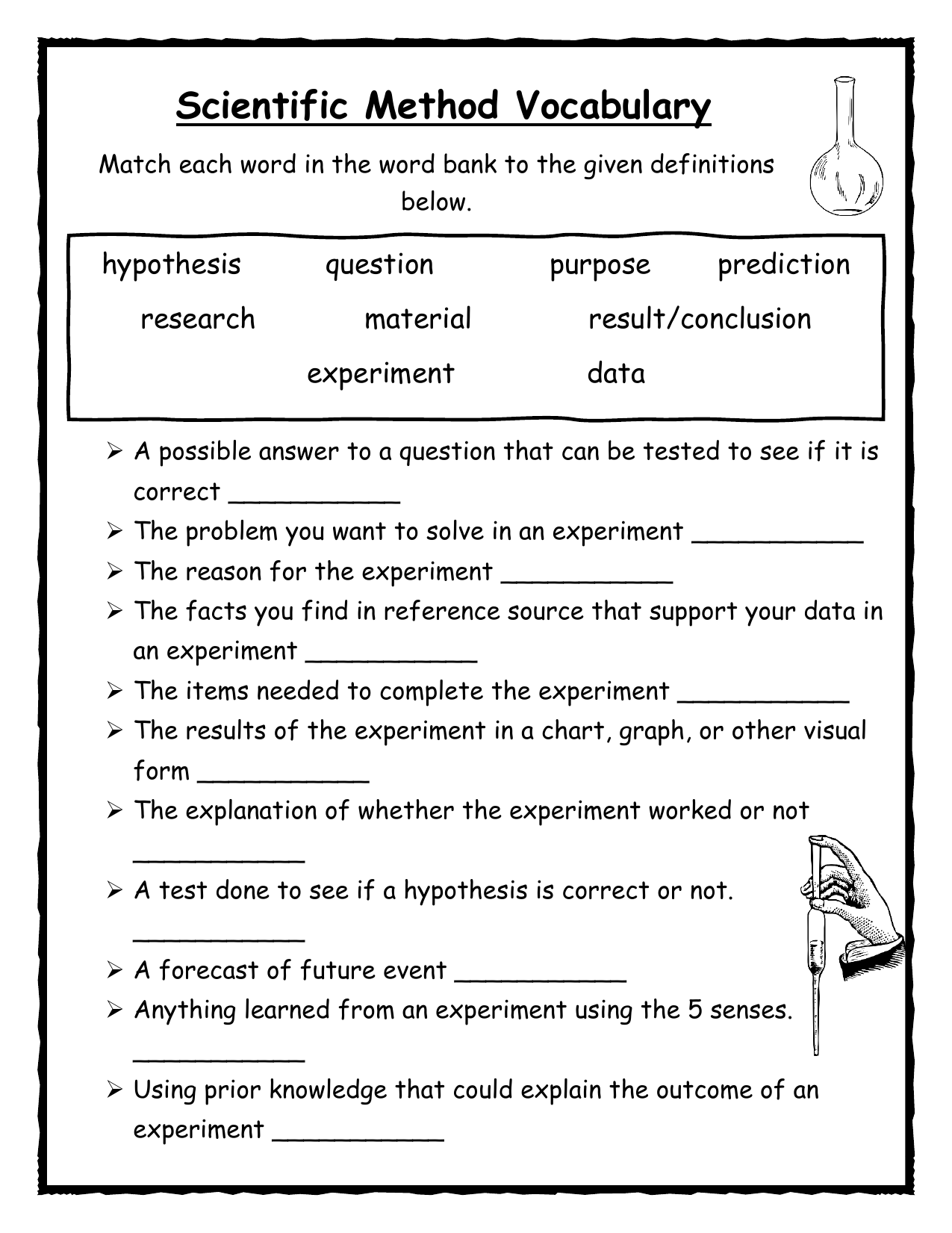
worksheets.ekocraft-appleleaf.com
Scientific Method Worksheets Reviewed By Teachers – Worksheets Library

worksheets.clipart-library.com
50 Scientific Method Review Worksheet Answers | Chessmuseum Template
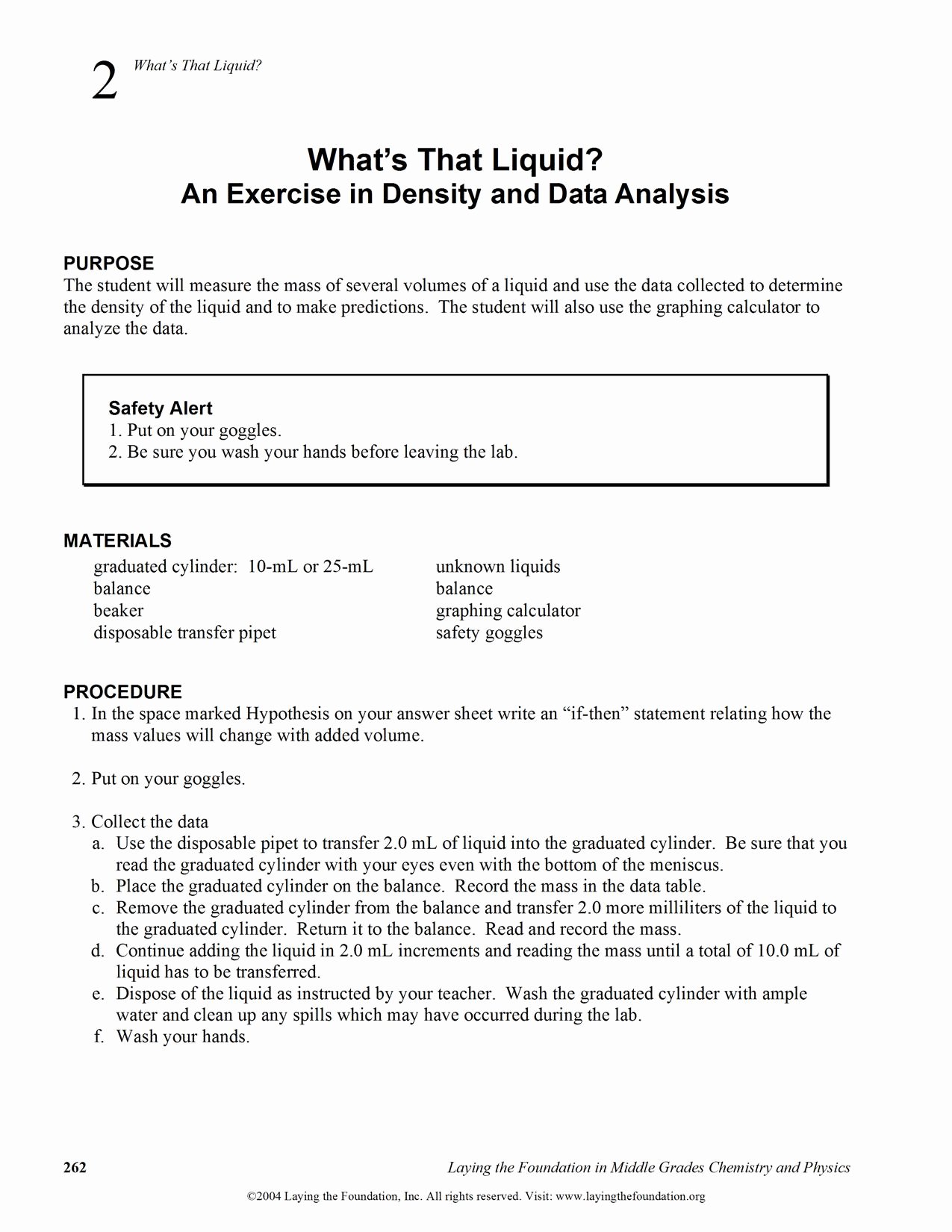
chessmuseum.org
Scientific Method Review Stations – Made By Teachers

www.madebyteachers.com
SOLUTION: Josiah Wilkins Scientific Method Worksheet – Studypool

www.studypool.com
The Scientific Method – ESL Worksheet By Teacherjorgesanchez

worksheets.clipart-library.com
Free Scientific Method Review Identifying Variables Worksheet Answers

worksheets.clipart-library.com
Free Printable Scientific Method Worksheets

materialschoolcrompton.z4.web.core.windows.net
Scientific Method Worksheet For Critical Thinking Skills – Worksheets

worksheets.clipart-library.com
Exploring Scientific Method Worksheets

cabruscaj28plesson.z21.web.core.windows.net
Free Printable Scientific Method Worksheets For Students – Worksheets

worksheets.clipart-library.com
50 The Scientific Method Worksheet
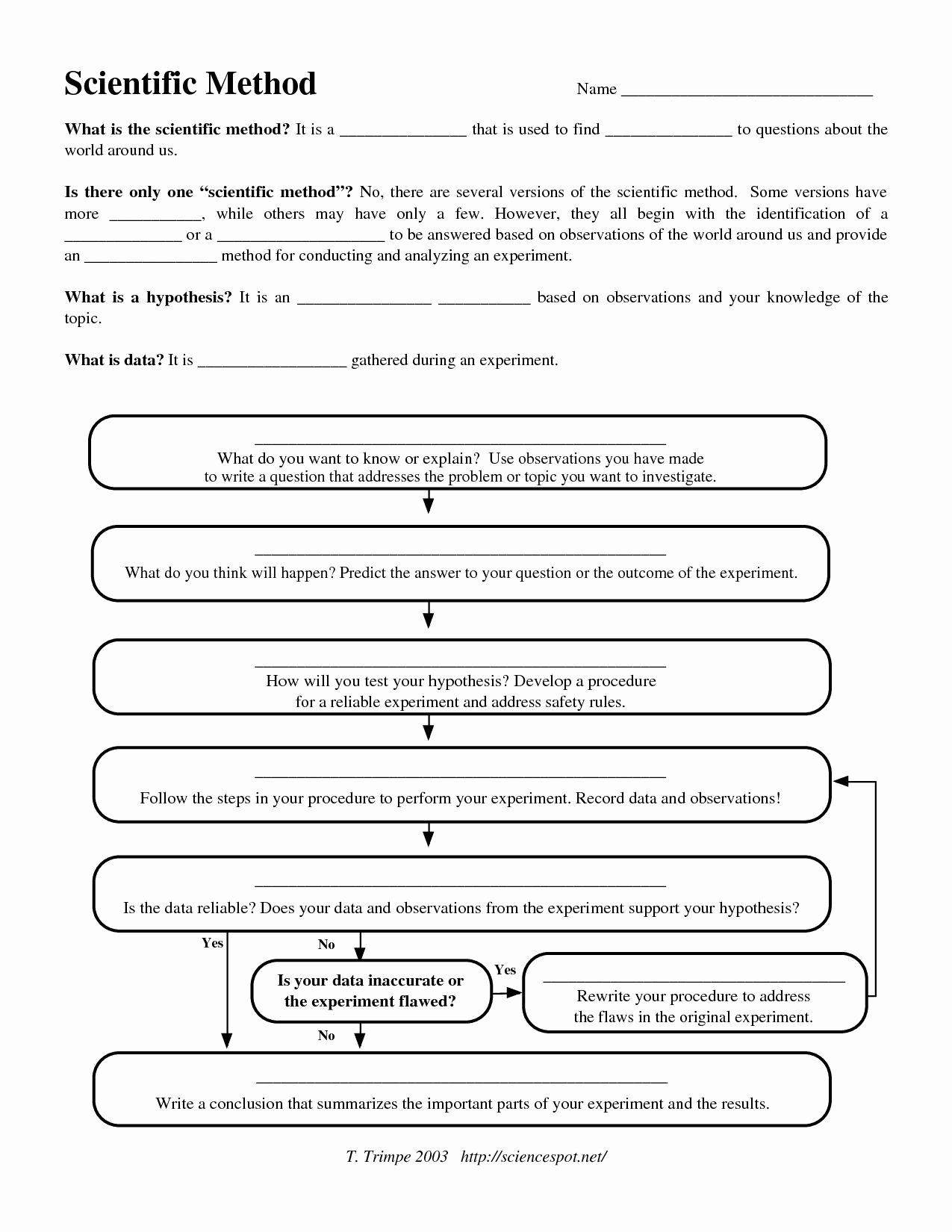
chessmuseum.org
Scientific Method Worksheet Middle School
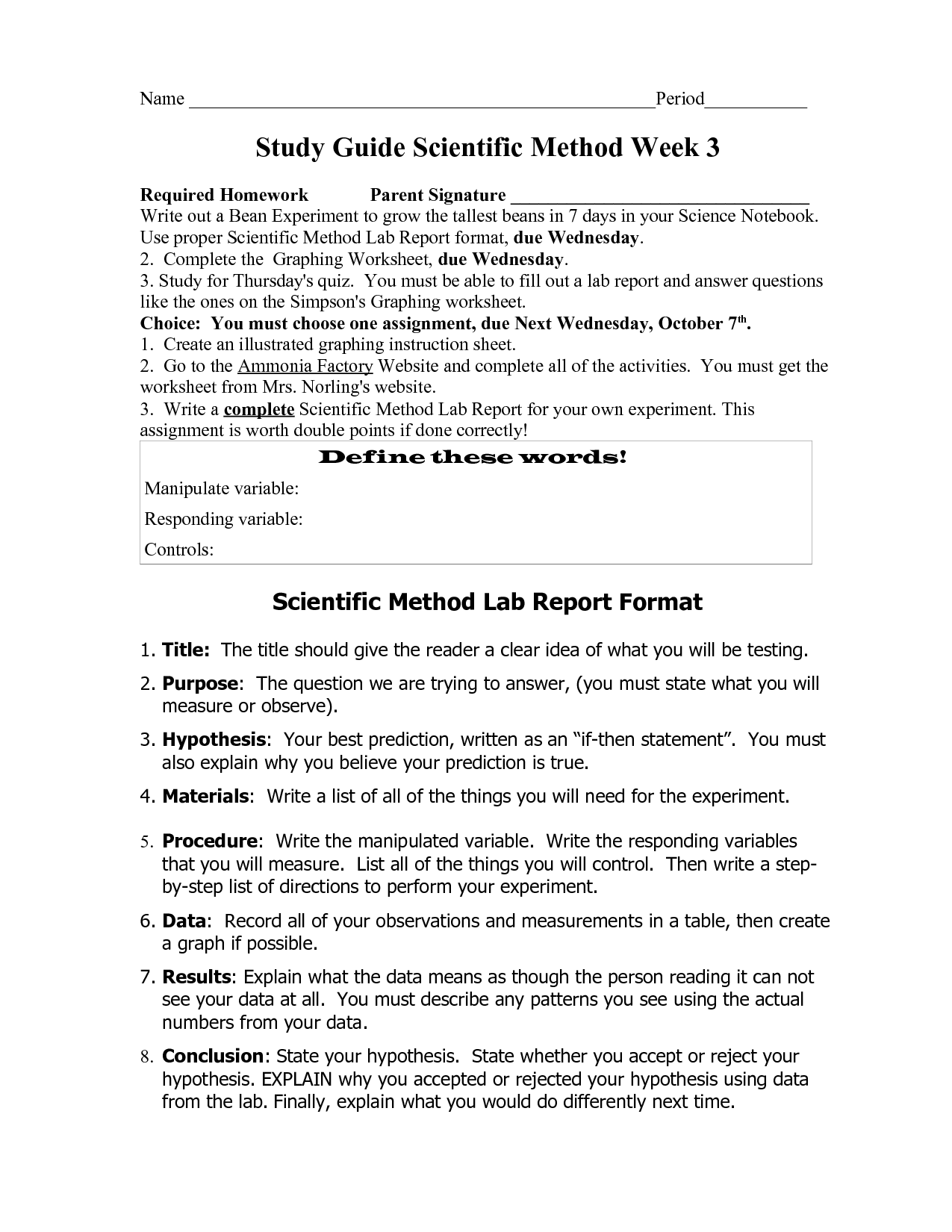
sahklubrad.com
Scientific Method Worksheet & Example For Kids – STEM Smartly

worksheets.clipart-library.com
Printable Scientific Method Worksheets – Nature Inspired Learning

worksheets.clipart-library.com
Scientific Method Experiment Worksheet

spararumfbydiagrampart.z21.web.core.windows.net
Free Printable Scientific Method Worksheet
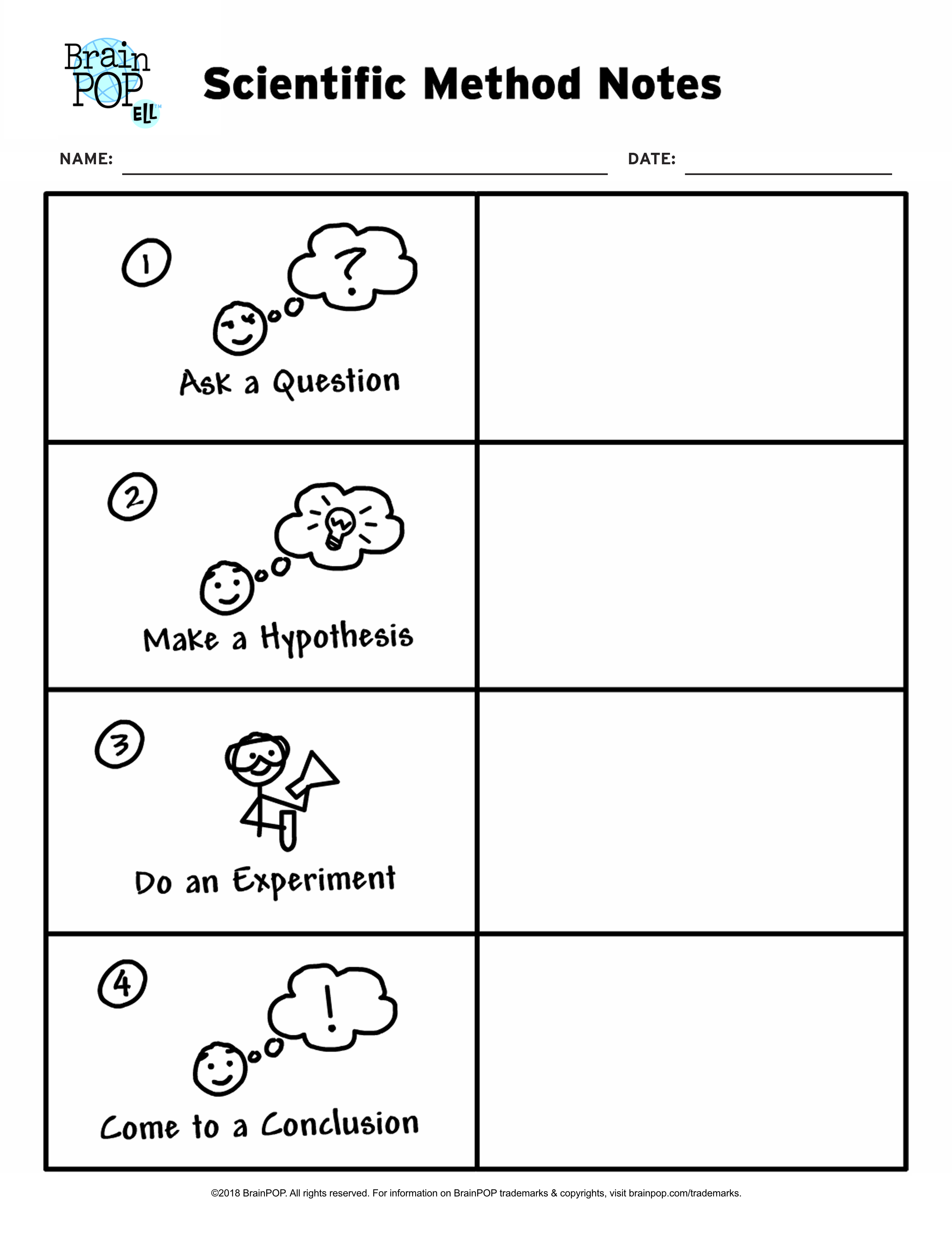
templates.hilarious.edu.np
Free Scientific Method Worksheet For Kids – The Activity Mom

worksheets.clipart-library.com
Scientific Method Review Identifying Variables Worksheet

ravens.nckl.gov.kh
Parts Of The Scientific Method Worksheets – Flying Colors Science

worksheets.clipart-library.com
Scientific Method Review Guide Answer Key – Scientific Method
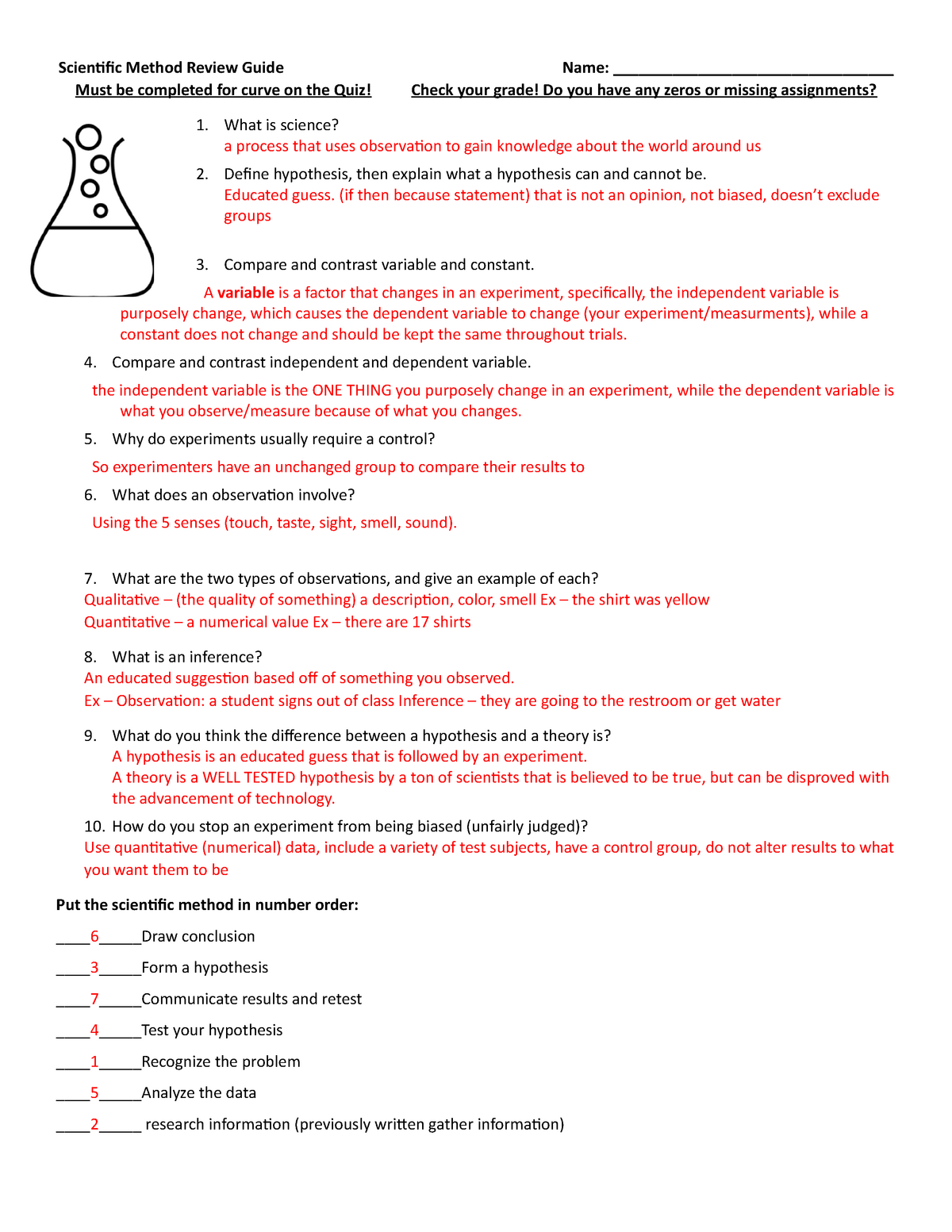
worksheets.clipart-library.com
Free printable scientific method worksheet. Exploring scientific method worksheets. Free scientific method worksheet for kids